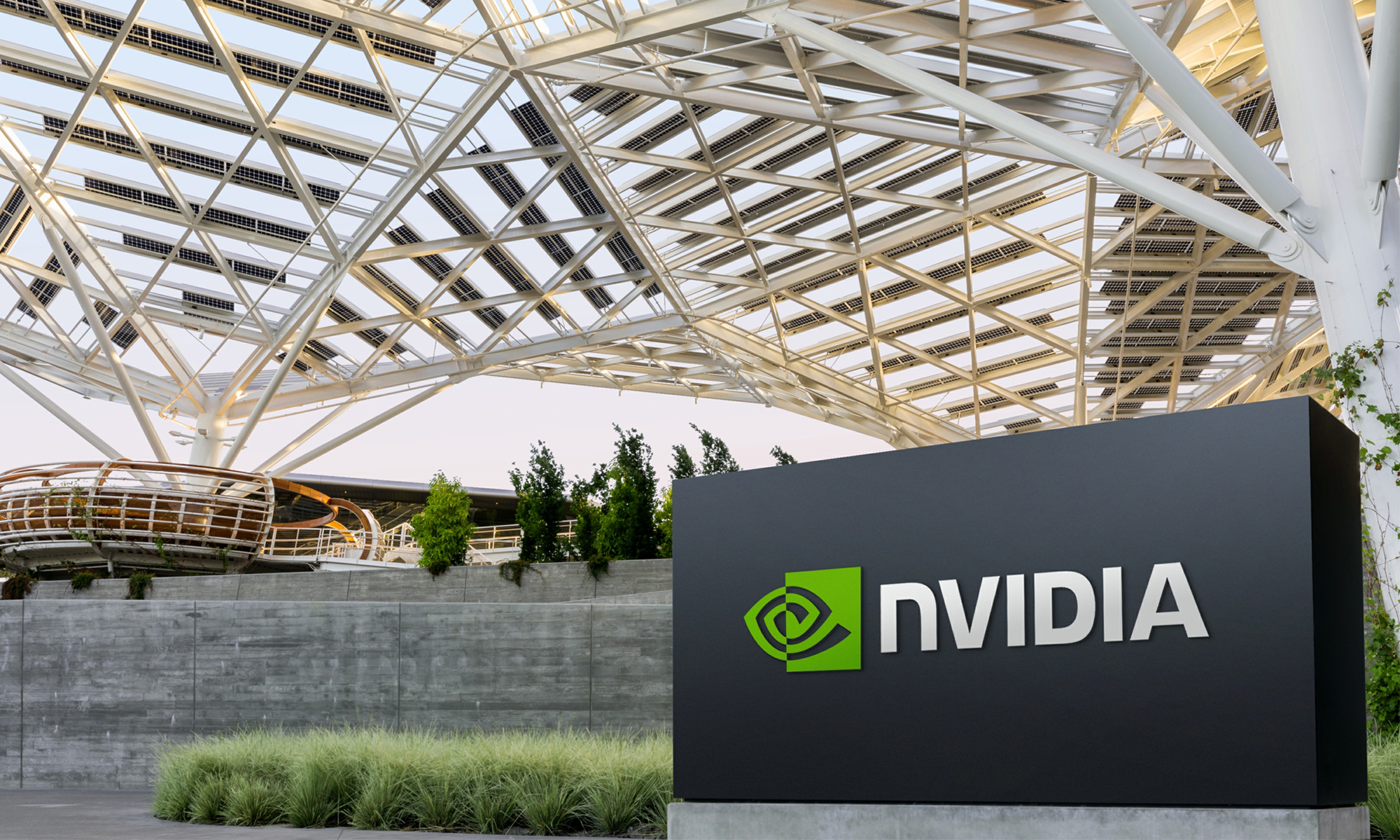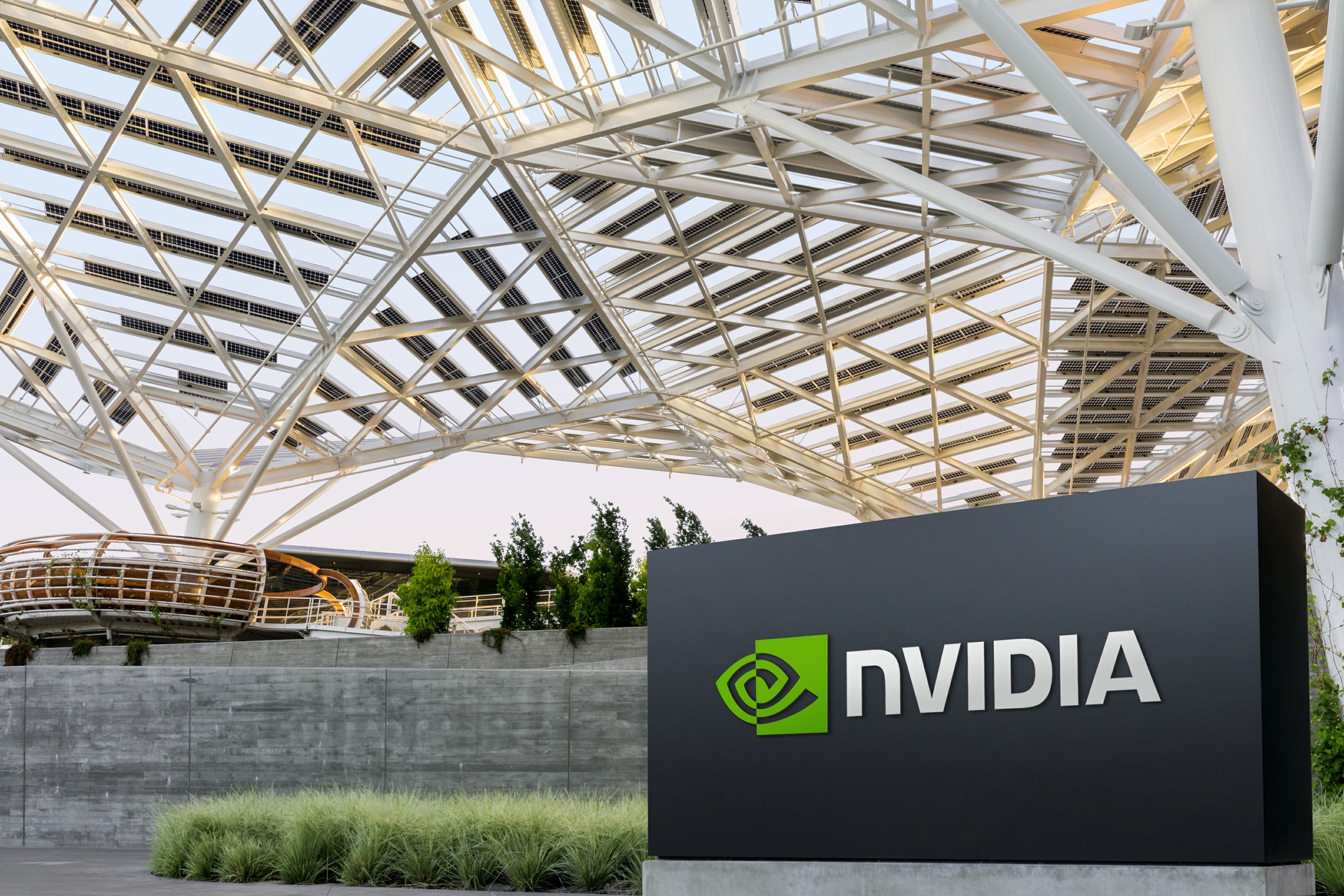The artificial intelligence (AI) industry is booming, presenting great investment opportunities. Two prominent AI businesses to consider investing in are newcomer CoreWeave (CRWV 5.47%), which had its initial public offering (IPO) on March 28, and veteran Nvidia (NVDA 1.29%).
Nvidia has a long history of success stretching back to the creation of its famed graphics processing unit (GPU) in 1999. CoreWeave offers cloud computing infrastructure tailored for AI, and when it went public, Nvidia bought shares.
Does the up-and-coming CoreWeave have what it takes to make a good AI investment for the long haul? Or is tried-and-true Nvidia a safer choice in the competitive AI market?

Image source: Getty Images.
The case for an Nvidia investment
Nvidia became an AI juggernaut thanks to its popular GPUs. This hardware enables computers to process data faster and more efficiently than a traditional CPU, and was initially developed for video game graphics.
Jensen Huang, Nvidia's prescient founder and CEO, recognized years ago that GPUs could be applied to AI. Now, he believes cloud computing will become akin to factories in the Industrial Revolution to deliver economies of scale for AI.
As part of this vision, he explained in a press release, "AI, like electricity and internet, is essential infrastructure for every nation." That's why Nvidia is helping countries, such as Saudi Arabia, construct AI factories.
On top of that, the company introduced its powerful Blackwell Ultra platform this year. Blackwell Ultra shifts AI systems toward mimicking human thinking, such as drawing conclusions from data. This marks the AI sector's move into what's referred to as the age of AI reasoning.
These developments set Nvidia up for growth over the long run. Its AI success has already translated into a record $39.3 billion in sales in its fiscal fourth quarter, ended Jan. 26, representing 78% year-over-year growth.
Moreover, fiscal Q4 net income rose 80% year over year to $22.1 billion. Nvidia forecasts sales will accelerate to $43 billion in Q1, a 65% increase over the prior year's $26 billion.

NASDAQ: NVDA
Key Data Points
A look at CoreWeave
CoreWeave's cloud computing services employ Nvidia's GPUs, and it contracts with companies hungry to utilize that computing power. As a newly public business, CoreWeave has only its first-quarter earnings report under its belt, but those Q1 results were outstanding. Revenue rose 420% year over year to $981.6 million.
Its performance was thanks to CoreWeave's success in acquiring customers. Clients include AI luminaries such as Microsoft, IBM, and OpenAI.
At the end of Q1, the company's contracts represented an impressive revenue backlog of $25.9 billion. CoreWeave already added to this haul in Q2 thanks to a $4 billion contract expansion with one of its customers.
In addition, while President Donald Trump's tariff policies introduced economic uncertainty, CoreWeave isn't seeing an effect. About the tariffs, CFO Nitin Agrawal stated on the recent earnings call: "We haven't observed any impact on customer behavior. In fact, we are seeing an acceleration of customer demand."
As a result, the company estimates Q2 sales of about $1.1 billion, up from $395 million in 2024. For the full year, CoreWeave projects 2025 revenue of at least 4.9 billion compared to last year's $1.9 billion.
Despite the massive sales growth, CoreWeave is not profitable. The company exited Q1 with a net loss of $314.6 million. This is more than a 100% increase from the prior year's net loss of $129.2 million as the company invested in expanding its AI infrastructure to keep up with customer demand.

NASDAQ: CRWV
Key Data Points
Choosing between Nvidia and CoreWeave
When it comes to picking an AI stock, plenty of reasons exist to choose Nvidia over CoreWeave. After all, Nvidia has years of business growth behind it, and possesses industry-leading AI tech that even CoreWeave is buying.
But one factor to consider is valuation. Here's a look at the forward price-to-sales (P/S) ratio for both companies. This metric measures how much investors are willing to pay for every dollar of revenue based on estimates for the next 12 months.
Data by YCharts.
Nvidia's forward P/S ratio dropped this year as the aforementioned economic uncertainty, and the appearance of Chinese AI start-up DeepSeek on Jan. 27, rattled Wall Street's perception of high-flying AI companies such as Nvidia.
Even so, CoreWeave's forward P/S multiple is substantially lower than Nvidia's, suggesting CoreWeave stock is a better value. The company's shares have about doubled from its IPO price of $40 at the time of this writing. Its strong trend of sales growth could lead to further stock appreciation.
However, Nvidia shares warrant a higher valuation. The tech giant is profitable, a leader in the AI field, and its diluted earnings per share rose 82% year over year to $0.89 in Q4, which shows it's delivering results for shareholders. CoreWeave has little history to demonstrate whether it can do the same.
Therefore, only investors with a high risk tolerance should consider buying CoreWeave stock. Nvidia is a strong company under Huang's leadership, and its P/S ratio drop makes now a good time to invest in this AI stock.






